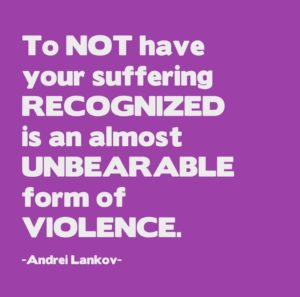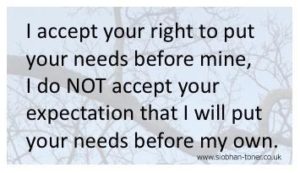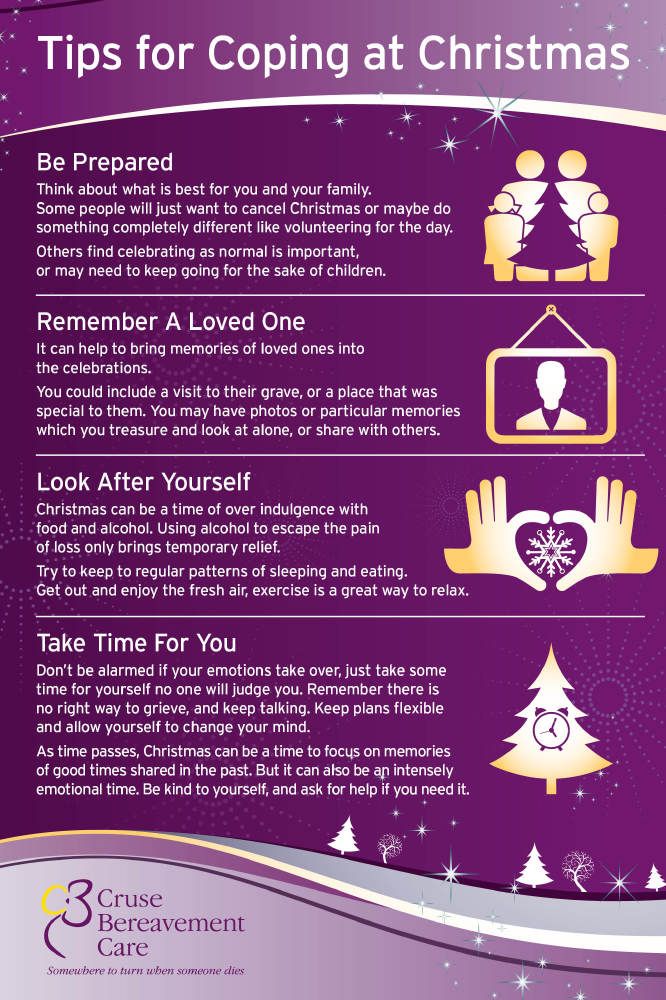What is scapegoating?
A scapegoat from a therapy viewpoint is the person in a system who gets blamed for things whether they are the cause or not of the issue. I am usually working with a family system but the system can also be for example a work environment, a social group or a team. Other peoples perception of the scapegoat are re-enforced time and again by other members of the system and their voice isn’t heard.
What does that look like for the scapegoat?
The scapegoat may learn that the other people in the system will not support them. Even if they know that the thing they are being blamed for is untrue or being distorted. Therefore they expect very little from the system and often eventually cut themselves off from it as they cannot tolerate the expectations placed on them to take on the guilt.
However, sadly the scapegoat may not learn this lesson, instead they learn to believe what is said about them. These messages become internalised and can take a lifetime to even begin to question.
Alternatively the scapegoat can try and hold both things as true, “I must be the problem because everyone says it, but I also don’t understand what they say I did wrong.” Completely confusing to live this way and may lead to a lot of arguments and disagreements.
How does that relate to attachment styles?
In my experience, there does seem to be some pattern emerging.
For avoidant attachment children, they are more likely to expect less from the system and cut themselves off sooner. Going no contact reduces the stress of trying to defend against the scapegoating behaviour. Where these children have had to develop a lot of self sufficiency it is somewhat easier to do this.
For anxious attachment children, the need to people please and accept the judgments and blaming continues and leads into internalising and believing the scapegoating narrative. Breaking the pattern may not happen until those who are re-enforcing it are no longer in their lives as the need to please is so profound. Any concept of challenging the scapegoating has long been suppressed to try and make life easier.
For disorganised attachment children, the need to have that connection whilst also distrusting it means that the scapegoating may be challenged leading to lots of conflict in the system. In time this may lead to estrangement but there may be lots of repair attempts when the need to be part of the system takes priority. This then can be weaponised and used as examples of why the scapegoating is “correct”. “You always come back as you need us”.
Next time I’ll explore emotional abuse and emotional neglect.



